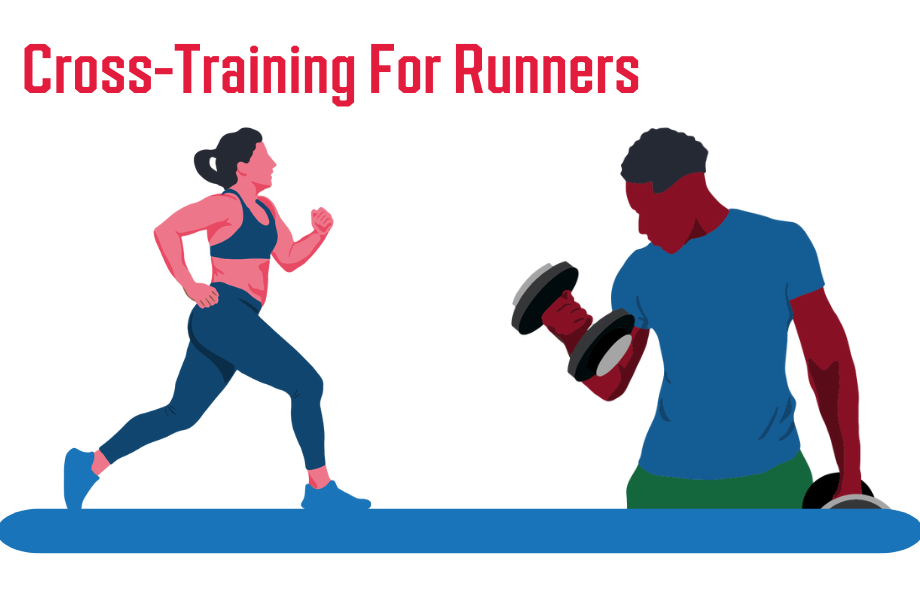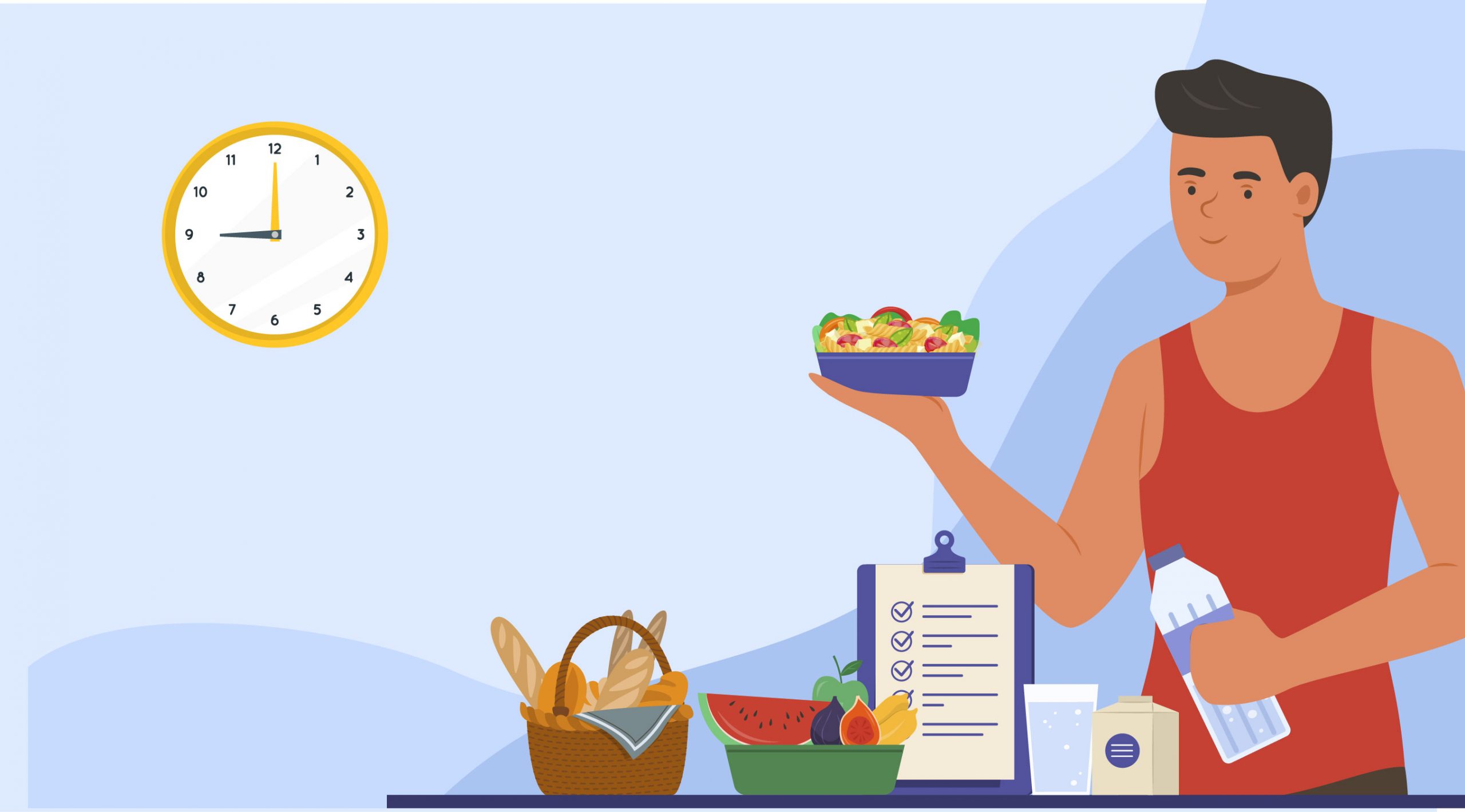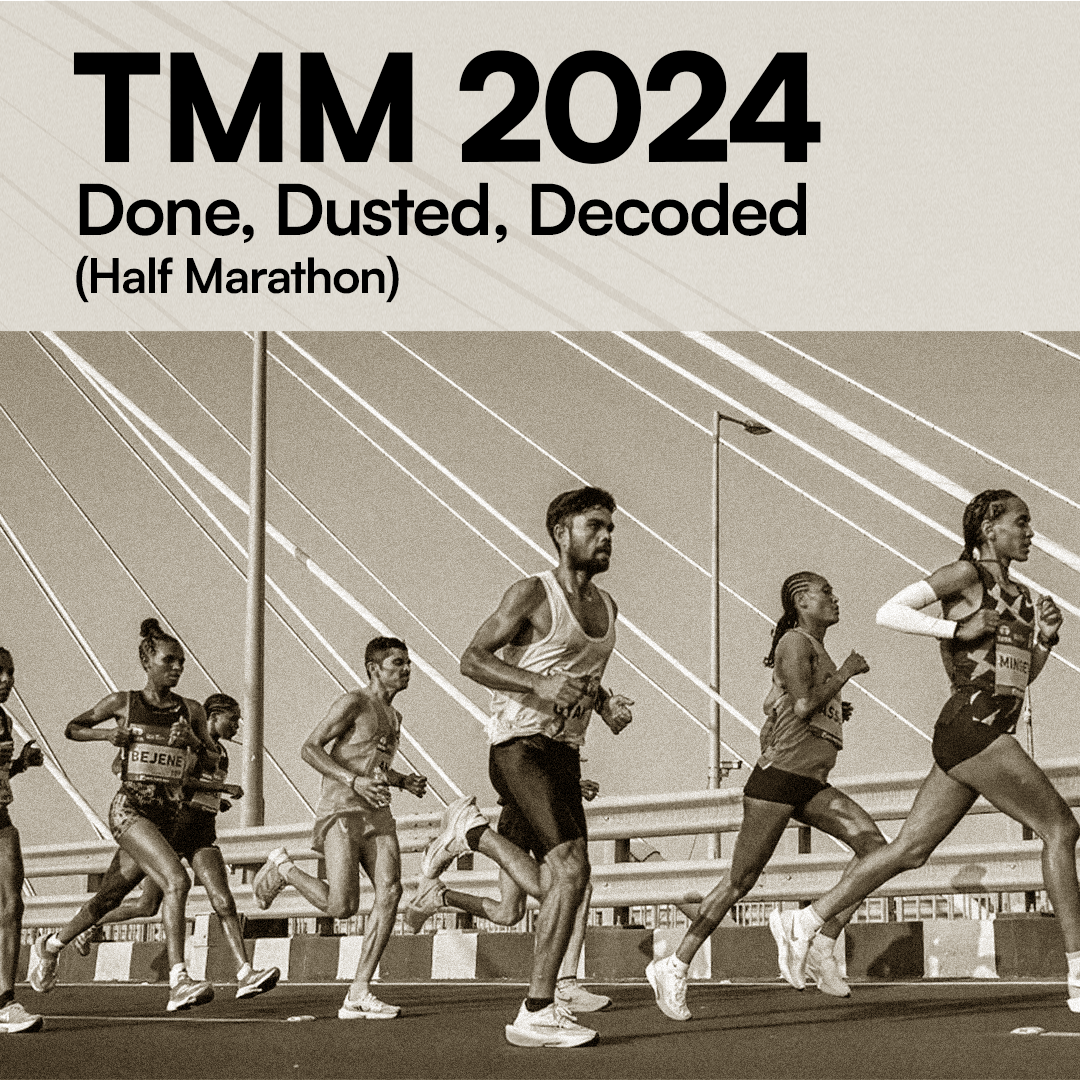
Fat vs Carbs: Which Is a Better Energy Source for Running?
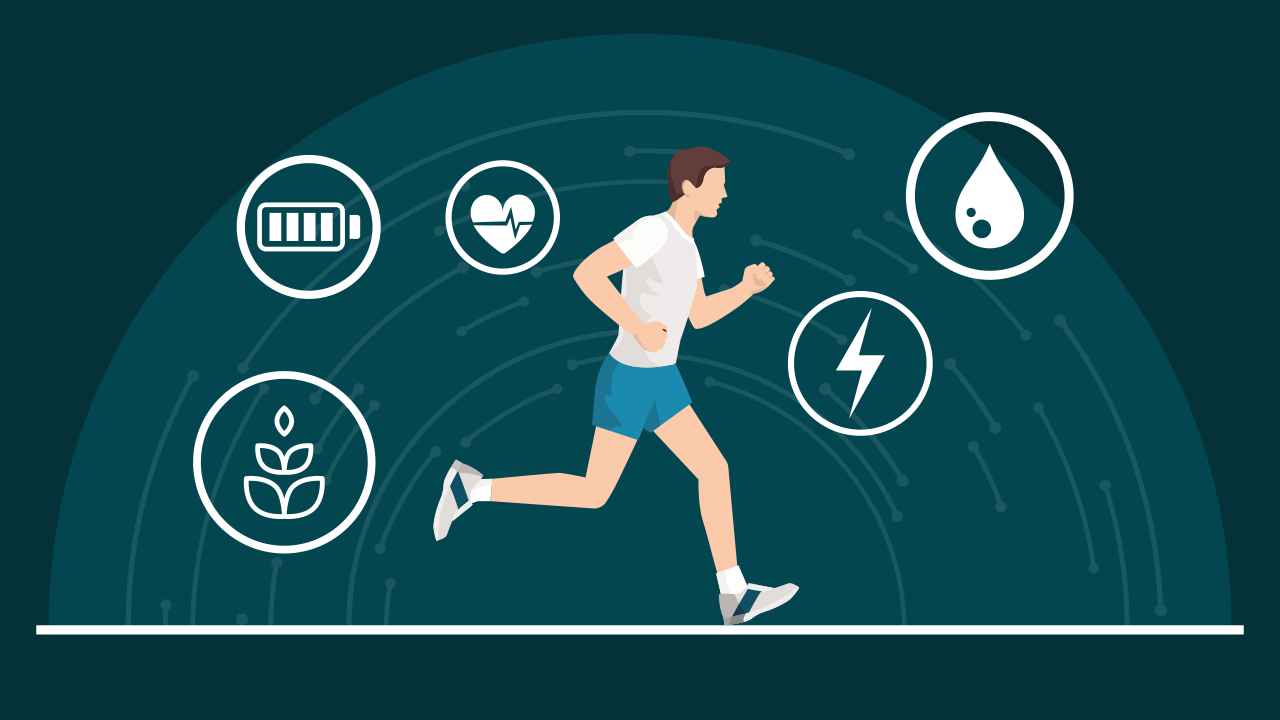
Different athletic events are marked by different durations. Some, like the 100m sprint, high jump, or the javelin throw, last only a few seconds, while others like the half marathon or full marathon can go up to three to four hours or more. Additionally, other extravagant competitions like the Tour de France or extreme ultra-marathons can go on for days. Your body adapts to the demands of a particular race — and hence the energy — to draw its fuel from different sources.
Energy sources for running
Short explosive bursts that require power are fueled by Creatine Phosphate, a fuel that is stored in the muscles, but can provide energy for just eight seconds. For efforts that last more than eight seconds, the body draws on carbohydrates, which are stored in the muscles and liver as glycogen. When the demand for energy or the event duration crosses three minutes, the body depends on a mix of carbohydrates and fat for fueling the activity.
In such events, the percentage utilization of fat or carbohydrates depends on the intensity at which the activity is executed. The intensity of exercise or effort level is often a measure of how high your heart rate is in comparison to its maximum heart rate. The figure below shows that as exercise intensity goes from low to moderate to high, carbohydrate utilization in comparison to fat increases.
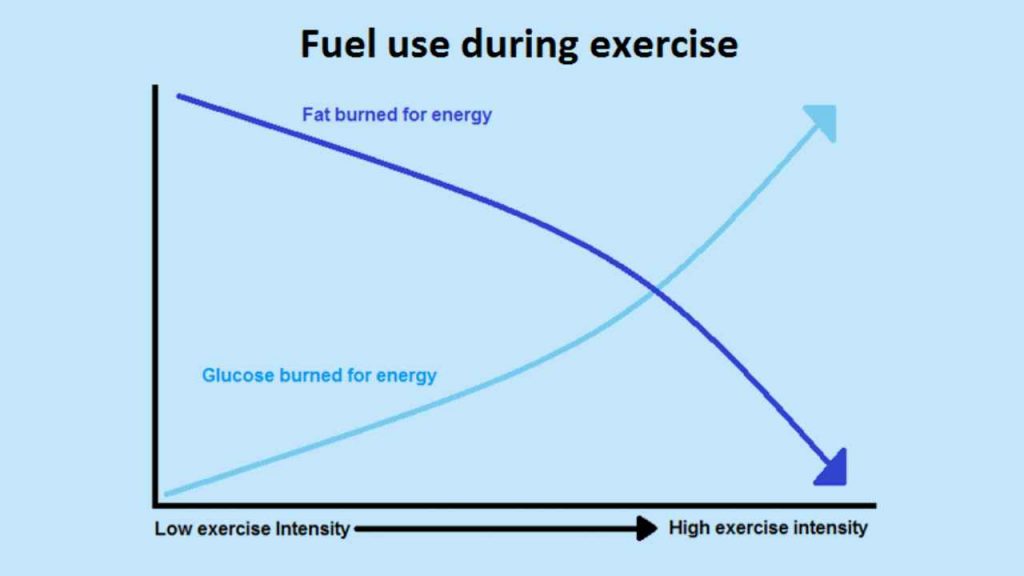
Fat vs carbs: Which is a better energy source?
The ability to sustain high effort levels in running events like half and full marathons will depend on the adequate availability of carbohydrates (glycogen) as a fuel source. However, the body has a limited store of glycogen, which can supply a total of up to 2,500 Kcals of energy, while the store of fat is almost unlimited and maybe anywhere ranging between 25,000 Kcals–50,000 Kcals of energy. Thus, it would seem that maximizing the utilization of fat as a fuel source would be the best, as long as you keep the intensity low.
However, as shown in the graph above, if you want to run fast, there is no alternative to using carbohydrates as energy. If you choose fat as a fuel source, you will have to run slower because fat-burning requires you to stay at low intensity.
In order to ensure that you remain at low intensity, your pace has to be in the range where you can hold a conversation easily while running. This pace is often referred to as an easy pace in training.
At an easy pace, the body is able to get access to enough oxygen to complete fat metabolism. So, it stands to logic that such a pace or zone would allow you to train for longer runs and lose weight through fat loss
It is now clear that finishing fast in a race is wholly dependent on using carbohydrates as a fuel source. Glycogen that is used during exercise needs to be replenished. A diet that supplies ample amounts of carbohydrates, which is typically 50% – 60% of the total caloric intake, to replenish depleted glycogen stores will result in stable and stocked glycogen stores before initiation of exercise.

How to fuel your runs?
A guideline that you can follow is consuming 5g– 12g of carbohydrates per kg of bodyweight. The range depends on your exercise load during the day. Higher duration of exercise as taken up by marathon and ultra-marathon runners requires consumption at the upper end of the spectrum.
Nutrition science has advanced in its understanding of the role of glycogen. Apart from being an essential intake before, during, and after exercise, it is equally crucial to time glycogen consumption for peak performance
Additionally, it is well-documented that beginning an endurance event with fully stocked stores of glycogen is as important as optimizing its intake during exercise. For this, a protocol called carbo-loading is followed before a race.
Here, you increase the intake of carbohydrates two-four days before a race (depending on whether you are running a half marathon or a full marathon) in such a manner that they constitute about 70% of your total caloric intake. In addition, during a race that lasts more than 90 minutes, it is estimated that you will need about 60g of carbohydrates per hour to make sure that you do not fully deplete your glycogen stores. Such carbohydrates are consumed via fruits, such as watermelon or banana, sugary sweets, or special formulations called gels.
Evidence-based research suggests that it is necessary for endurance athletes, who train daily, to consume a high-carbohydrate diet. Such a diet should also be accompanied by adequate amounts of protein to take care of tissue rebuilding and fluid intake. A mix of nutrients packed carbohydrates such as potatoes, rice, breads, vegetables, fruits, and pulses will provide a healthy blend of simple and complex carbohydrates along with micronutrients such as minerals and vitamins. High-quality carbohydrates like these are quickly taken up by the digestive system, absorbed, and transported for uptake in the muscles and liver.
As you see, how you fuel your body is a great determining factor of how well energized you are for an athletic performance. Plan your meals smartly for optimum results.

